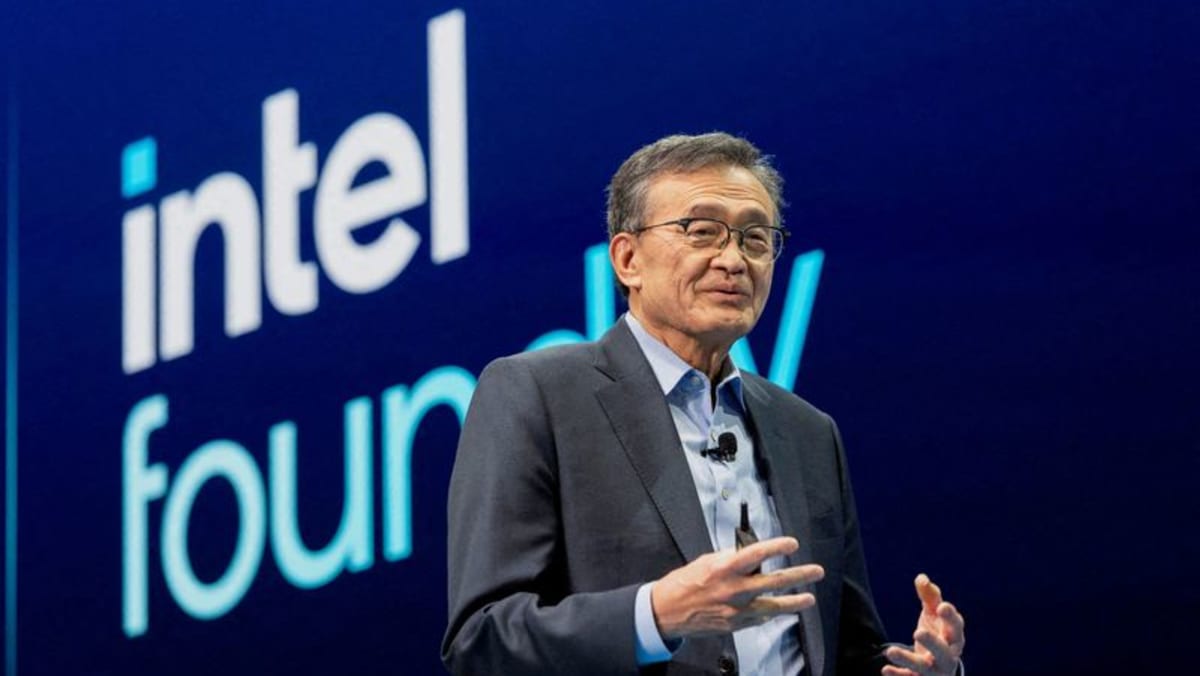Intel CEO Tan Lip-Bu is set to visit the White House on Monday (Aug 11) after US President Donald Trump called for his removal last week, the Wall Street Journal reported on Sunday, citing people familiar with the matter.
Reuters could not immediately confirm the report. Intel and the White House did not immediately respond to requests for comment.
Tan is expected to have an extensive conversation with Trump while looking to explain his personal and professional background, the report said, adding that he could propose ways Intel and the US government could work together, the report added.
Tan hopes to win Trump’s approval by showing his commitment to the US and guaranteeing the importance of keeping Intel’s manufacturing capabilities as a national security issue, the report added.
In a note sent to all Intel Corporation employees last Thursday, he said that the company was “engaging with the administration to address the matters that have been raised and ensure they have the facts”. He took the helm at Intel in March.
Last week, Trump demanded the immediate resignation of Tan, calling him “highly conflicted” due to his ties to Chinese firms through several investments and raising doubts about plans to turn around the struggling American chip icon.
Intel’s niche has been chips used in traditional computing processes, which are steadily being eclipsed by the AI revolution
Tan said he shared the president’s commitment to advancing US national and economic security.
Trump’s intervention marked a rare instance of a US president publicly calling for a CEO’s ouster and sparked debate among investors.
Reuters reported exclusively in April that Tan invested at least US$200 million in hundreds of Chinese advanced manufacturing and chip firms, some of which were linked to the Chinese military.
Tan, a Malaysian-born Chinese American business executive, founded venture capital firm Walden International in 1987. Through the company, he became a seed investor in Semiconductor Manufacturing International Corp, China’s largest chip foundry.
Tan, who was raised in Singapore, was also the CEO of Cadence Design from 2008 through December 2021, during which the chip design software maker sold products to a Chinese military university believed to be involved in simulating nuclear explosions.
Last month, Cadence agreed to plead guilty and pay more than US$140 million to resolve the US charges over the sales, which Reuters first reported.
Tan also said in his note that there had been “a lot of misinformation circulating” about his past roles at Walden International and Cadence Design Systems, and that he had “always operated within the highest legal and ethical standards”.
